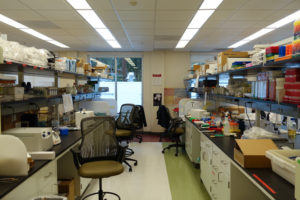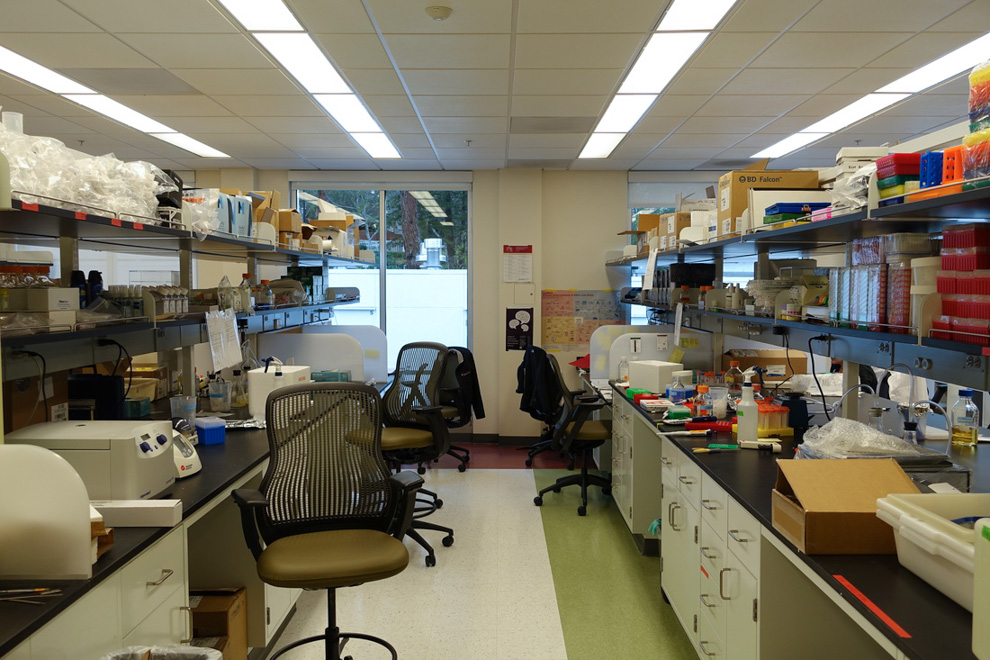PSYC 83Q: “The Physiology of Addiction in the Modern World” is a sophomore introductory seminar that explores the concept of addiction, focusing on both the neuroscience research on addiction and society’s views on addiction.

Taught by the School of Medicine’s neuroscience postdoctoral fellow Windy McNerney and associate professor of psychiatry and behavioral sciences Ruth O’Hara, the class begins with the physiology and genetics of addiction and looks at how addiction affects the brain. Students then apply that foundation to study the two most well-known and -researched addictions: drugs and alcohol. Finally, students investigate various types of “modern” addictions that have arisen recently. For example, one week students study cell phone and internet addictions.
“Everyone has a cell phone and everyone uses it a lot, and that’s what makes this addiction so relevant,” McNerney said.
PSYC 83Q is a seminar-style class, where McNerney and O’Hara lecture on Mondays and students lead the class on Fridays. On Fridays, students discuss and present on various articles relating to the addictions they are learning about. Each student leads one discussion section throughout the quarter.
One of the goals of the course is to help students understand how and why people become addicted to things, acknowledging the complexity surrounding the issue.
“I feel like everyone says they know what addiction is, but no one really knows what’s actually happening with addiction,” said Jeffrey Dalli ’19, a student in the class.
Another student in the class, Darian Rice ’19, thinks the approach the class takes helps people think critically about addiction instead of just learning about its effects.
“What I like about this class is that it takes into account different interpretations of addiction and how society views addiction as a stigma,” Rice said. “This class has definitely changed my perspective on addiction.”
The class also features two field trips throughout the quarter. In the week that focuses on shopping addictions, the class takes a field trip to the Stanford Shopping Center to investigate the various tactics stores employ to trigger potential customers to buy.
“We have our students look around the mall and think: If someone had a shopping addiction, how is this mall going to make things difficult for them?” McNerney said.
For the second class field trip, students visit the Pasca Psychiatry Lab at Stanford, where they learn about the psychiatry research happening at Stanford and the difficulty of conducting research on brain diseases with limited access to brains.
By the end of the class, students have learned about addiction in the context of drugs, alcohol, gambling, phones and even relationships.
“It’s a lot more than studying typical substance addiction,” Rice said.
Contact Max Pienkny at maxp123 ‘at’ stanford.edu.
